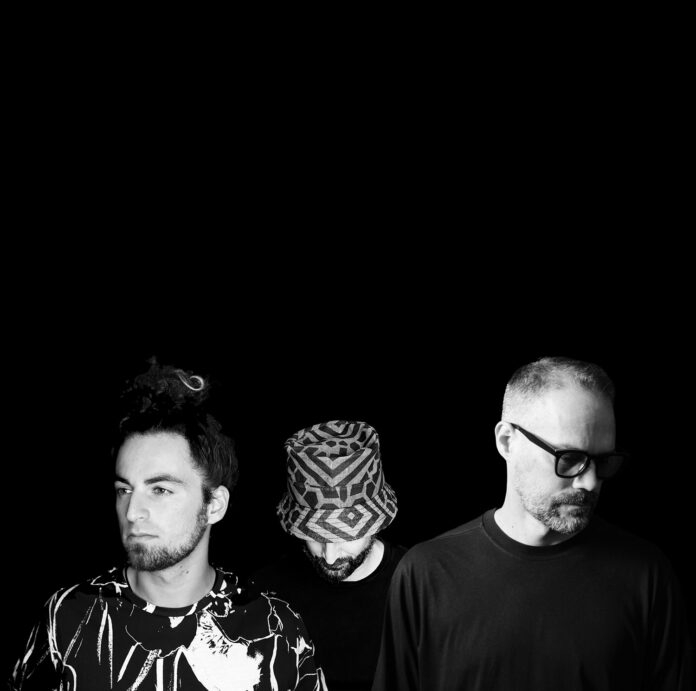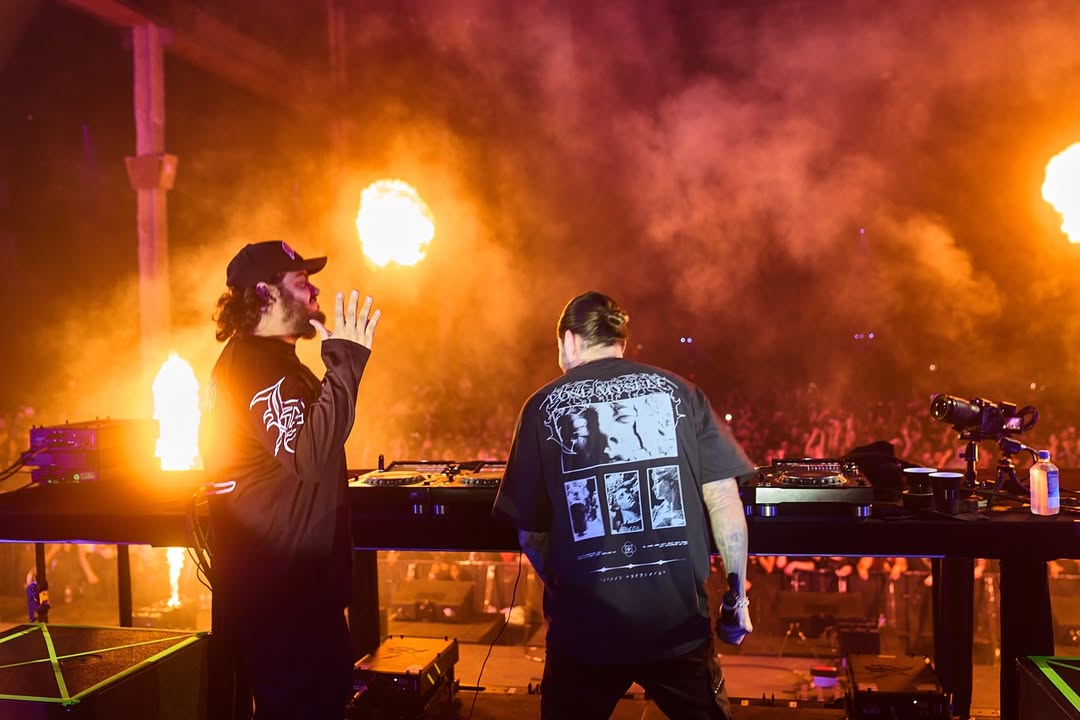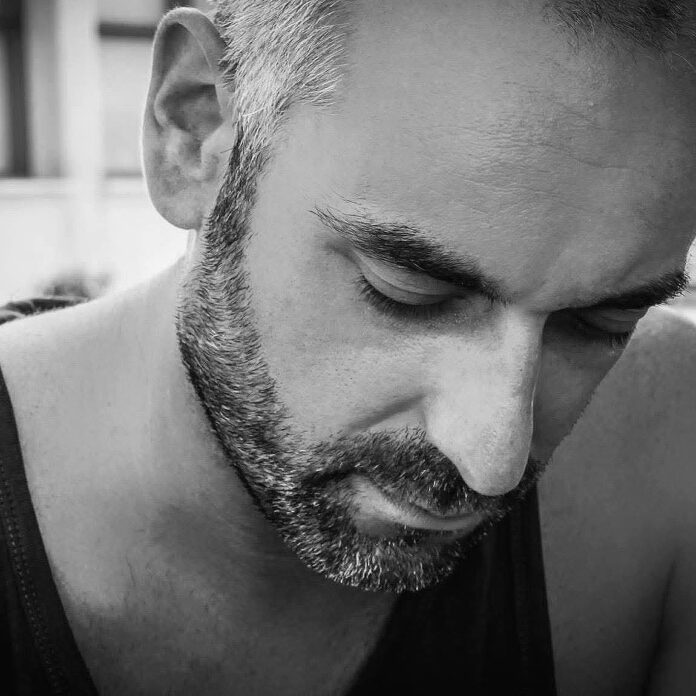More than 1,000 attendees of an outdoor music festival in the Dutch city of Utrecht have tested positive for COVID-19 since the event took place.
An outdoor music festival that took place in the Netherlands earlier in July has shocked Government officials after 1,000 coronavirus infections were linked to the event despite it requiring a “test for entry”.
The Verknipt festival took place across two days in Utrecht and was attended by around 20,000 people. Everyone who attended the event had to show a QR code that demonstrated that they were vaccinated, had recently recovered from COVID-19, or had a negative COVID-19 test.
SEE MORE: Truth about the phenomenon named Techno Viking
The festival was one of the first mass gatherings to take place in the Netherlands after the government relaxed most capacity restrictions on clubs and festivals in late June. All organisers of such events were required to take care in ensuring those who attended were vaccinated, or met the other testing requirements.
Verknipt’s organisers have said they did carefully plan the event, and stick to these requirements, but 1,050 people who attended have now tested positive for the virus, as per Utrecht’s regional health board.
Issues were raised with the festival’s entry process, which allowed attendees to complete COVID tests up to 40 hours before the event. Van Trigt cited this policy as a potential problem, saying the period was “too long” and that they “should have had a 24-hour [period], that would be a lot better because in 40 hours people can do a lot of things like visiting friends and going to bars and clubs. So in a period of 24 hours people can do less things and it’s safer.”
Another potential reason for the mass infection lies with the fact that the attendees were able to get a COVID pass for the festival immediately after receiving the vaccine, instead of waiting the requisite weeks for it to take full effect. Several important figures, including the Dutch prime minister and and Utrecht’s mayor, have apologized for the lack of foresight that led to this 1-in-20 infection rate.


